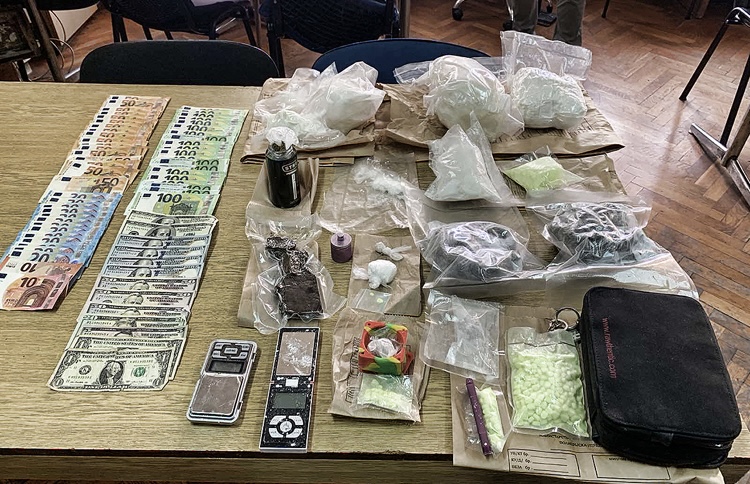Serbia has been ranked the fourth most criminalized country in Europe, according to the 2025 Global Organized Crime Index, a damning indicator of the deteriorating rule of law under President Aleksandar Vučić. The report underscores that state actors – not just criminal gangs – play a central role in enabling organized crime, exposing deep systemic corruption.
Out of 44 European countries analyzed, only Russia, Ukraine, and Italy rank worse—placing Serbia at the forefront of criminal activity in the region.
The report, released by the Global Initiative Against Transnational Organized Crime (GI-TOC), also ranks Bosnia and Herzegovina 6th and Montenegro 10th. Kosovo was not included in the data, leaving a gap in regional comparison.
Crime Thrives as State Weakens Its Defenses
While Serbia ranks among the highest in Europe for criminal activity, it sits near the bottom in terms of resilience—35th out of 44—exposing a state apparatus incapable or unwilling to combat systemic criminal networks.
The report highlights that Vučić’s political elites allegedly influence key criminal markets, while corruption within institutions enables illicit financial flows and protects criminal enterprises. It notes that high-ranking officials have been linked to notorious figures in organized crime.
This is not a new trend—it is a model of governance where criminal structures thrive under political protection.
Drugs, Arms, and Mafia Networks Flourish
Serbia continues to serve as a major hub for heroin trafficking into Western Europe, while Serbian networks are recognized for their significant role in the global cocaine trade.
Despite periodic arrests of key figures, mafia groups remain active, dominating parts of the European drug market. The involvement of football ultra groups in smuggling and paramilitary operations highlights the fusion of criminal, political, and social violence.
The country is also a major transit point for illegal arms, many of which originate from post-Yugoslav conflicts or neighboring regions, and are trafficked toward Western Europe.
Yet, instead of dismantling these networks, Serbia’s leadership appears content to coexist with them – raising serious questions about Vučić’s priorities and the true beneficiaries of Serbia’s criminal economy.







